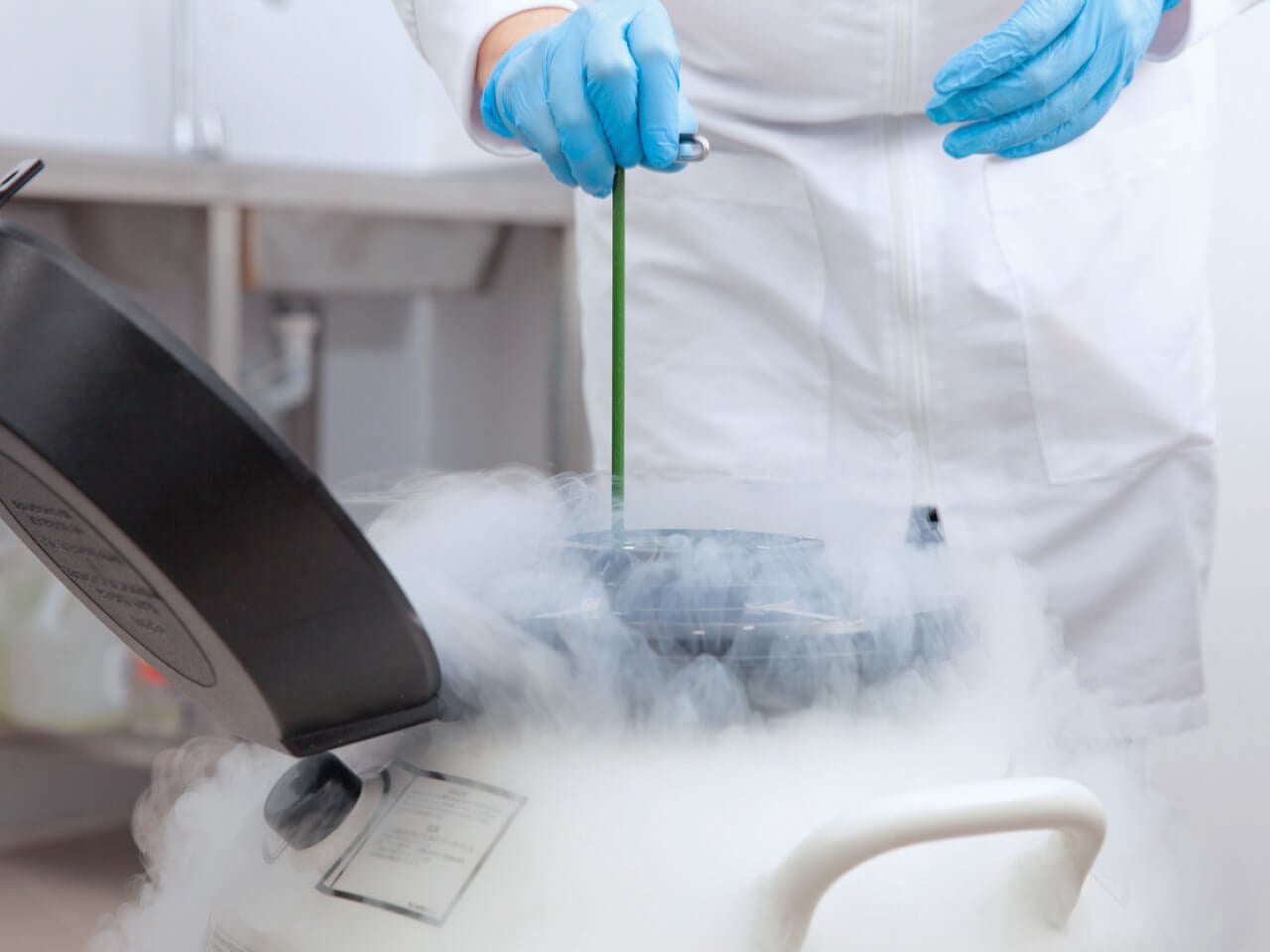Innovative Reproductive Solutions at Fertility Center & Applied Genetics of Florida
Surrogacy is a profoundly intimate experience, where medical technology and human connection work in tandem. One key component of this journey is embryo freezing, a process that preserves the potential for life until the intended timeline aligns. In surrogacy florida, freezing embryos is not only a convenience—it's often a necessity.
When an intended parent chooses gestational surrogacy, the surrogate does not contribute genetic material. Instead, the embryo is created using the eggs and sperm of the intended parents or donors and then transferred into the surrogate’s uterus. This process usually begins with IVF Florida, where multiple embryos are created in a controlled lab environment. Rather than transferring all embryos at once, the remaining ones are carefully frozen for future use.
Cryopreservation allows flexibility in timing and maximizes the chance of success. Whether due to medical conditions, legal paperwork delays, or simply aligning schedules between the surrogate and intended parents, freezing embryos ensures that the process doesn’t feel rushed. It also means that if the first embryo transfer is unsuccessful, there are other opportunities—without having to undergo another full IVF cycle.
The process is especially important for international or out-of-state patients traveling to Florida. At the Fertility Center & Applied Genetics of Florida, all embryo freezing takes place in-house, allowing for tighter quality control and quicker turnaround times. This matters deeply to couples who’ve already walked a long, emotional road to parenthood.

